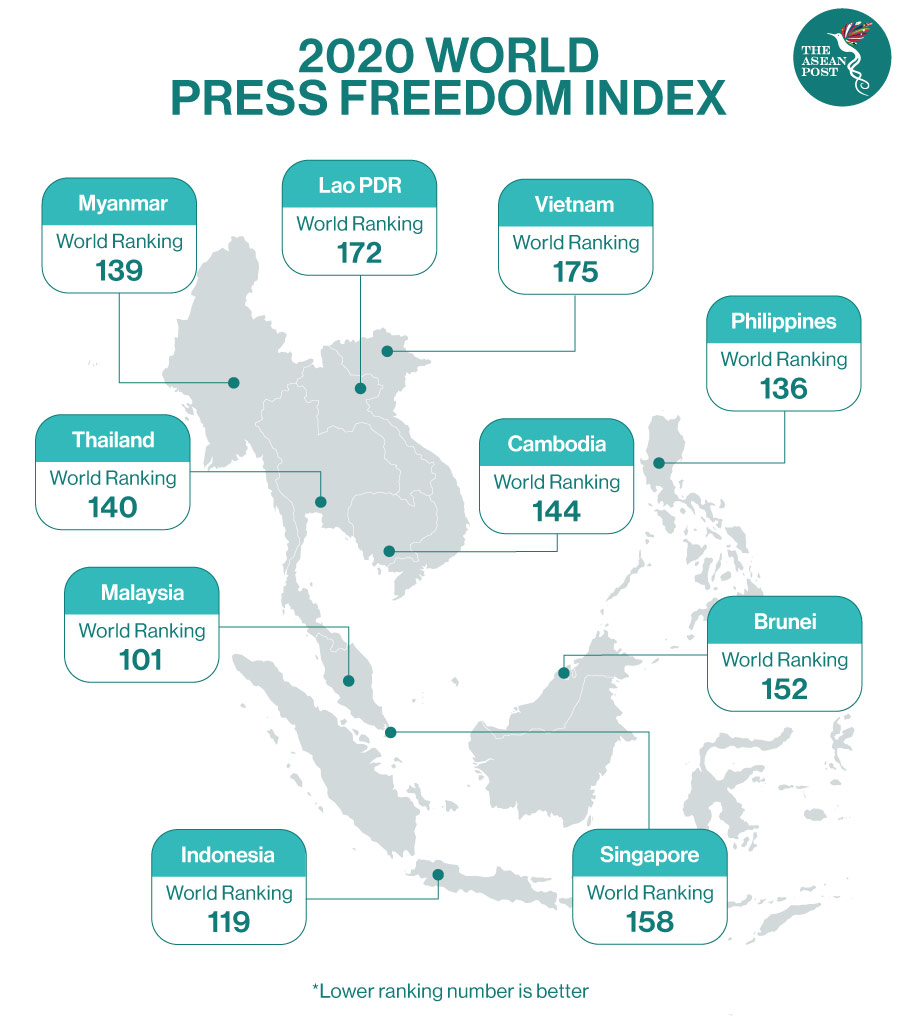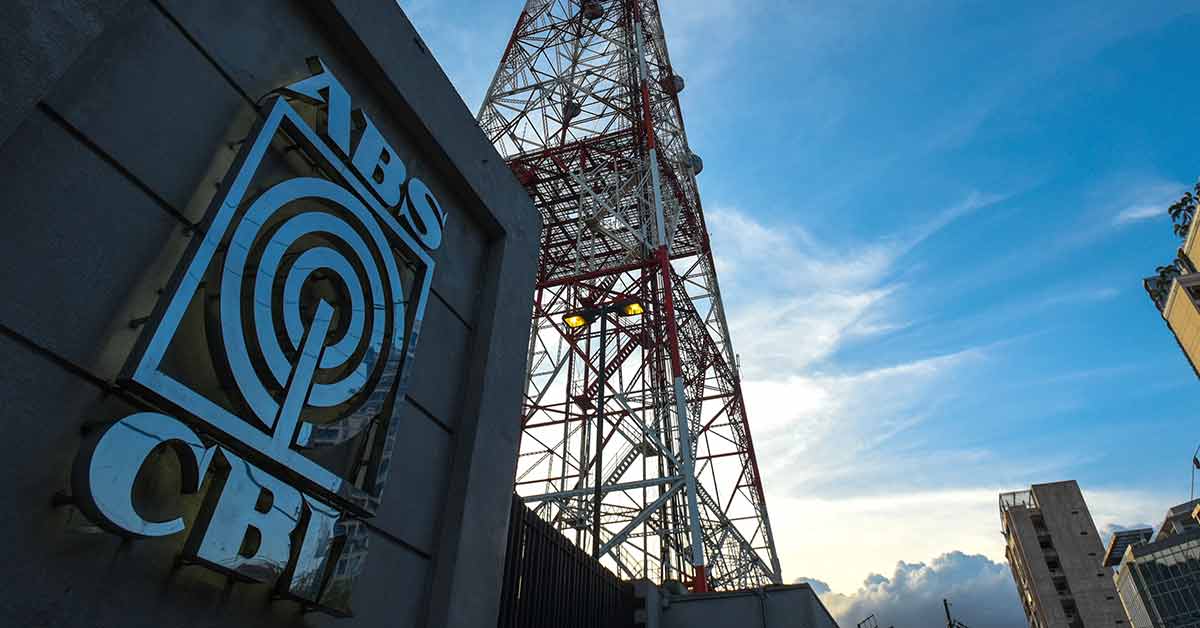After 13 comprehensive and exhaustive congressional hearings – the controversial franchise application of ABS-CBN was finally concluded on 10 July. On that day, members of the House of the Representatives Committee on Legislative Franchises denied the application of the media network with an overwhelming 70 assenting votes in favour of the “Resolution Denying the Franchise Application of ABS-CBN Corporation to Construct, Install, Establish, Operate, and Maintain Radio and Broadcasting Stations in the Philippines,” as opposed to 11 who voted in the negative, two who inhibited, and one who abstained.
Such an occasion was historic, given that it was the first time that Congress took a stand against a popular and influential media network in the country, owned by one of the longest-reigning and most powerful oligarchs, the Lopez clan.
No one ever imagined that such a fate would befall a mass media giant like ABS-CBN. Likewise, no one expected that members of Congress – who are generally perceived by many to be susceptible and predisposed to enticements and favours from the wealthy and powerful – would stand up against the affluent Lopez family.
As expected, the Philippines was divided between; those supporting ABS-CBN – who are alluding that this incident is tantamount to suppression of press freedom and was likened to what happened during the Martial Law era where the broadcasting company was taken over by the Marcos government, and; those who believe that this incident is a victory against oligarchy and that justice has been served through an act of Congress regarding the many alleged violations committed by the media network against the Filipino people it promised to serve and the state.
On another note, after the denial of its franchise application, ABS-CBN supporters are now pursuing a “People’s Initiative” (PI) to allow the media network to get its franchise. A lawyer who is a supporter of ABS-CBN has already drafted a proposal for a petition to grant the media network a franchise through a PI, arguing that the sovereign people can directly pass a law granting the media a franchise under Republic Act No. 6735 or the Initiative and Referendum Act.
Context And Predicate
A franchise is a privilege and not a demandable right. It is a permit originating from the sovereign power of the state, and thus subject to regulations and the police power of the state via relevant institutions, including Congress. The primordial consideration of why a franchise is given to a mass media entity is fundamentally based on the notion of the promotion of public good and public interest as deemed determined to be important by the state. If in any case, a media network falls short of such an expectation, the state can take back such a privilege and give it to another who it deems more deserving.
On the other hand, under Philippine laws, a media network needs a congressional franchise to broadcast via television and radio for 25 years. This can be renewed for another 25 years if given the opportunity. The only institution that has the power, and is mandated by the 1987 Philippine Constitution to review, approve and grant franchises of public utility is Congress. In so doing, Congress assessed the worthiness of ABS-CBN to use the free airwaves owned by the state, through a thorough congressional deliberation on the many alleged violations of the said media network.
The hearings were attended by members of Congress, ABS-CBN’s executives and lawyers, as well as resource persons from various government agencies. The hearings were live streamed via various social media platforms, televised, and covered by media networks and practitioners for the whole country to follow.
Hindsight And Perspective
Is this whole controversy an issue of suppression of press freedom as made out by some parties? On the contrary, the issue is quite simple and straightforward.

ABS-CBN’s franchise has expired thereby it needs to apply for a new franchise for it to be able to operate. In the course of its application, Congress found the broadcaster to be underserving of a grant for a new legislative franchise. Therefore, Congress denied the application of ABS-CBN.
Is the denial of the ABS-CBN Franchise application just about the vagaries, whims, and caprices of members of Congress? At the end of the congressional hearings on the ABS-CBN franchise application – where the media network was given the wide latitude and opportunity to defend itself against the alleged violations it is being accused of – the Committee on Franchises’ Technical Working Group (TWG) recommended the denial of the franchise application of ABS-CBN Corporation based on following grounds:
1. Dual citizenship of its Chairman Emeritus, Eugenio “Gabby” Lopez III as against to 100 percent Filipino requirement for the ownership and management of mass media as prescribed by the 1987 Constitution. The Filipino citizenship and allegiance of Mr. Lopez to the Philippines was found to be doubtful and implausible;
2. Issuance of Philippine Depositary Receipts (PDRs) to foreigners which allowed foreign ownership in ABS-CBN. This possibly violated the constitutional provision against ownership and management of mass media by foreigners;
3. Unlawful return of assets to the Lopez family after martial law. In the course of the hearings, ABS-CBN was not able to prove beyond a reasonable doubt that it is indeed the absolute owner of its assets and properties and not the government or someone else. To note, the submitted copy of ABS-CBN’s Transfer Certificate of Title (TCT) of its Mother Ignacia property where its main broadcast station and transmitter are located has no actual record in the Register of Deeds. Likewise, there are no records of the arbitration proceedings, there was just a “Compromise Agreement” between the parties. There are also no records of proceedings leading to the said Compromise Agreement.
4. Violation of its previous franchise by operating a pay-per-view channel in its ABS-CBN TV Plus (the KBO Channel) without prior approval or permission from the National Telecommunications Commission (NTC);
5. Its unauthorized use of AMCARA’s legislative franchise, and ABS-CBN apparent use of a dummy;
6. The less than exemplary labor practices including the many documented labor law violations like the failure to regularize many of its employees. To note, only 25 percent or 2,661 out of the total 11,701 total workers of ABS-CBN Corporation and all its subsidiaries are regular employees.
7. Questionable and unjust tax avoidance schemes, which are not necessarily illegal, but not also commendable and praiseworthy, and borders on being immoral when viewed in light of the billions of pesos of lost revenue for the Philippine government, which could have funded much needed basic services for the Filipino people.
8. Biased reporting, inappropriate program content, and political meddling.
These grounds formed the very basis as to why Congress denied the ABS-CBN franchise application.
“People’s Initiative” (PI)
The quest of ABS-CBN’s supporters for a franchise through a People’s Initiative (PI), is a bit futile and dicey. First and foremost, a congressional franchise bill or a franchise for that matter is a private bill/legislation, which primarily benefits a private/business entity rather than the state or the country as a whole. To mobilise support in this regard is precarious. The ABS-CBN franchise application by its very nature and character is not a public legislation but a private one. The granting of a mass media franchise again is the exclusive entitlement of Congress and cannot be substituted by a PI.
A People’s Initiative (PI) is a process whereby the people are allowed to directly propose or enact laws as provided by Article XVII, Section 2 of the 1987 Constitution which states that: “amendments to this Constitution may likewise be directly proposed by the people through initiative upon a petition of at least twelve per centum of the total number of registered voters, of which every legislative district must be represented by at least three per centum of the registered voters therein. No amendment under this section shall be authorized within five years following the ratification of this Constitution nor oftener than once every five years thereafter.”
A PI – which is operationalised through its enabling law known as "The Initiative and Referendum Act" – provides for three systems of initiatives, namely the Constitution, national laws/statutes/legislation, and local legislation. Based on these initiatives provided by law, how can one justify the PI for the ABS-CBN franchise, given that it is private in nature and character? It cannot fall under the initiative to amend the Constitution because that is far-fetched. It cannot be called a “national initiative,” because it does not propose a national law/legislation (public law), which only both houses of Congress (Senate and House of Representatives) can pass.
Furthermore, by its very nature and character, such an initiative cannot be classified as a “local initiative” as it does not propose to adopt or enact a law, ordinance, or resolution which only the legislative bodies of the governments of the autonomous regions, provinces, cities, municipalities, and barangays can pass. This classification of initiative into national and local is clearly stated in Section 3 of RA 6735. These questions need to be satisfied first before such an initiative gains bearing, effectivity, and given due course since the general public has a stake in it.
Furthermore, can the national treasury of the Philippines afford to fund such an initiative for the ABS-CBN franchise amid a pandemic? Should the Philippine government spend millions of pesos on this given that resources are scarce and finite? Will the Filipino nation allow the spending of the people’s money for the franchise of a corporate/business entity whose primary existence is not necessarily for the people and country but profit?
A business entity at the end of the day does business not for charitable purposes but profit. This is a fact. Will ABS-CBN finance such an initiative? The conduct of a PI entails expenses on the part of the national treasury. Thus, amid a pandemic, the Philippines cannot afford such an initiative for the benefit of a corporate entity.
Corporations like mass media companies, which are granted special privileges to engage in a business affecting public interests must always put a premium on the common good, on what matters to everyone in a society, on the general welfare and well-being of everyone they serve. They must not sacrifice public interest and the common good in pursuits of profits.
Related Articles:

